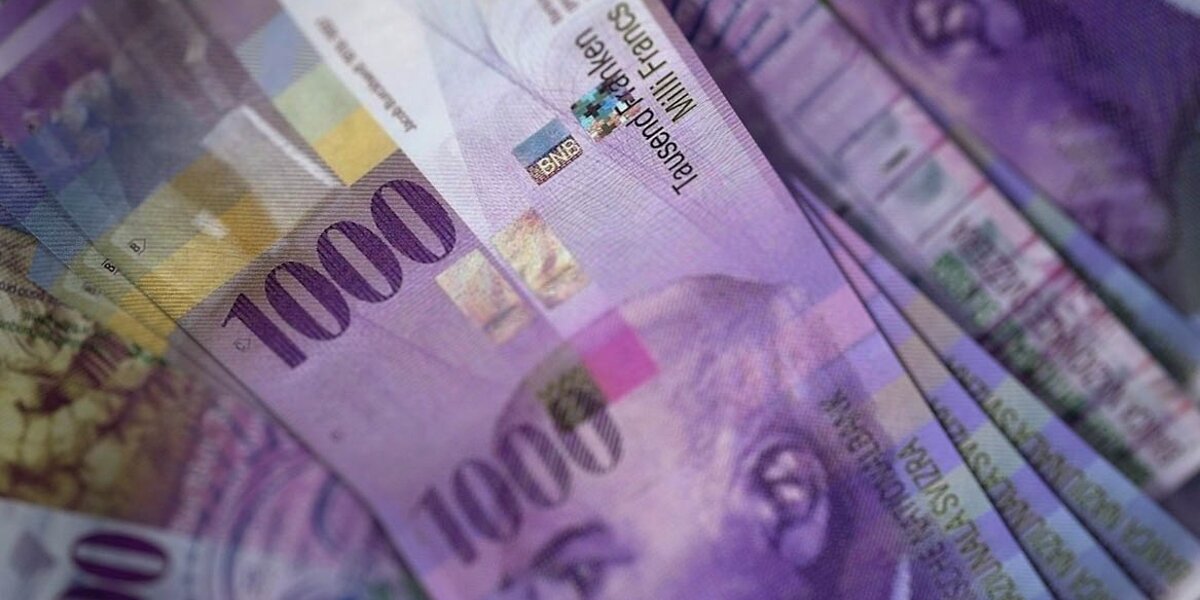Swiss Corporate Tax Reform (TRAF): That’s changing

Contact
Öffnungszeiten:
Monday to Friday
08.00 - 12.00 h / 13.00 - 17.00 hFernsupport durch Caminada:

The internationally recognized tax system is changing corporate taxation in Switzerland massively. Our brief notes show which tax changes will affect companies as of 1 January 2020:
For international holding companies, mixed companies and domiciliary companies, there will be many changes at the beginning of 2020, as the special tax statuses at cantonal level will be abolished. In future, holding companies will no longer be able to tax the profits they have generated abroad in Switzerland at favourable rates. The existing practical regulations will also be abolished at federal level. All companies, whether Swiss or foreign, will be taxed equally from the beginning of 2020. To ensure that international holding companies can continue to benefit from Switzerland as a tax location, many cantons will lower their income taxes by means of follow-up legislation, from which domestic companies will benefit. Some cantons have already voted on this, others have yet to do so. The cantons can compensate for tax shortfalls with additional funds from the direct federal tax.
Lucerne will probably remain at the current profit tax rate of 12.3%. The cantons of Zug and Nidwalden are planning to lower their tax rates and would then overtake Lucerne in location competition. The target tax rate for 2020 for Zug is 12.1% (today 14.5%) and for Nidwalden (Stans) 11.97% (today 12.7%). The tax rate for the municipality of Freienbach (SZ) will be the lowest at 11.93%, although that for Canton Schwyz will be 14.3%.
In addition, the following instruments and rules for company taxation are important as well:
The patent box is already in use in many European countries and is compatible with OECD standards. For the cantons, the patent box is mandatory due to the tax reform. The profit from patents and rights will be taxed at cantonal level with a reduction of maximal of 90%. When entering the patent box, R&D expenses of the last 10 years are subject to ordinary corporate income tax.
Cantons may grant at their own discretion additional deductions for research and development (R&D) activities carried out in Switzerland. The deduction cannot exceed 50% of the commercially justified R&D expenses and may only be limited to R&D personnel costs. All other R&D costs are covered by an uplift of 35% on a lump-sum basis. The R&D contractor and client cannot claim the deduction at the same time.
Taxes on profits of legal entities are already credited to the capital tax by the cantons. Cantons can now reduce the capital tax to the number of shareholdings, patents and intangible assets as well as intra-group loans.
Participations of natural persons of at least 10% are only included in the tax base in a reduced form. Partial taxation for shareholders is at least 50% at cantonal level and now at least 70% at federal level.
► To prevent your tax burden from rising, we recommend optimising dividend payments by the end of 2019. We will be happy to advise you.
Cantons in which the effective profit tax burden of the cantonal capital is at least 18.03% may optionally allow an interest deduction on equity capital. This will probably only affect the Canton of Zurich.
For a smooth as possible transfer, the mandatory two-rate model will be introduced at cantonal level in parallel to the abolishment of the privileged tax regimes. Built-in games (incl. goodwill) from the special tax status are subject to a reduced tax rate for five years after the status is abandoned. Alternatively, in many cantons, built-in gains can already be voluntarily disclosed according to current practice and depreciated over five to ten years in a tax-neutral manner (old-law step-up).
For all STAF measures together, the cantons must set a limit for the relief. The maximum permissible percentage may not exceed 70%. Depreciation from the old legal step-up also falls within this relief limit. This means that at least 30% of the profit must always be taxed properly.
The large number of changes also offers opportunities and room for manoeuvre, especially for Swiss SMEs. Do you have any questions about the effects of the corporate tax reform on your company taxation? Then our tax expert Christian Lingg looks forward to hearing from you.